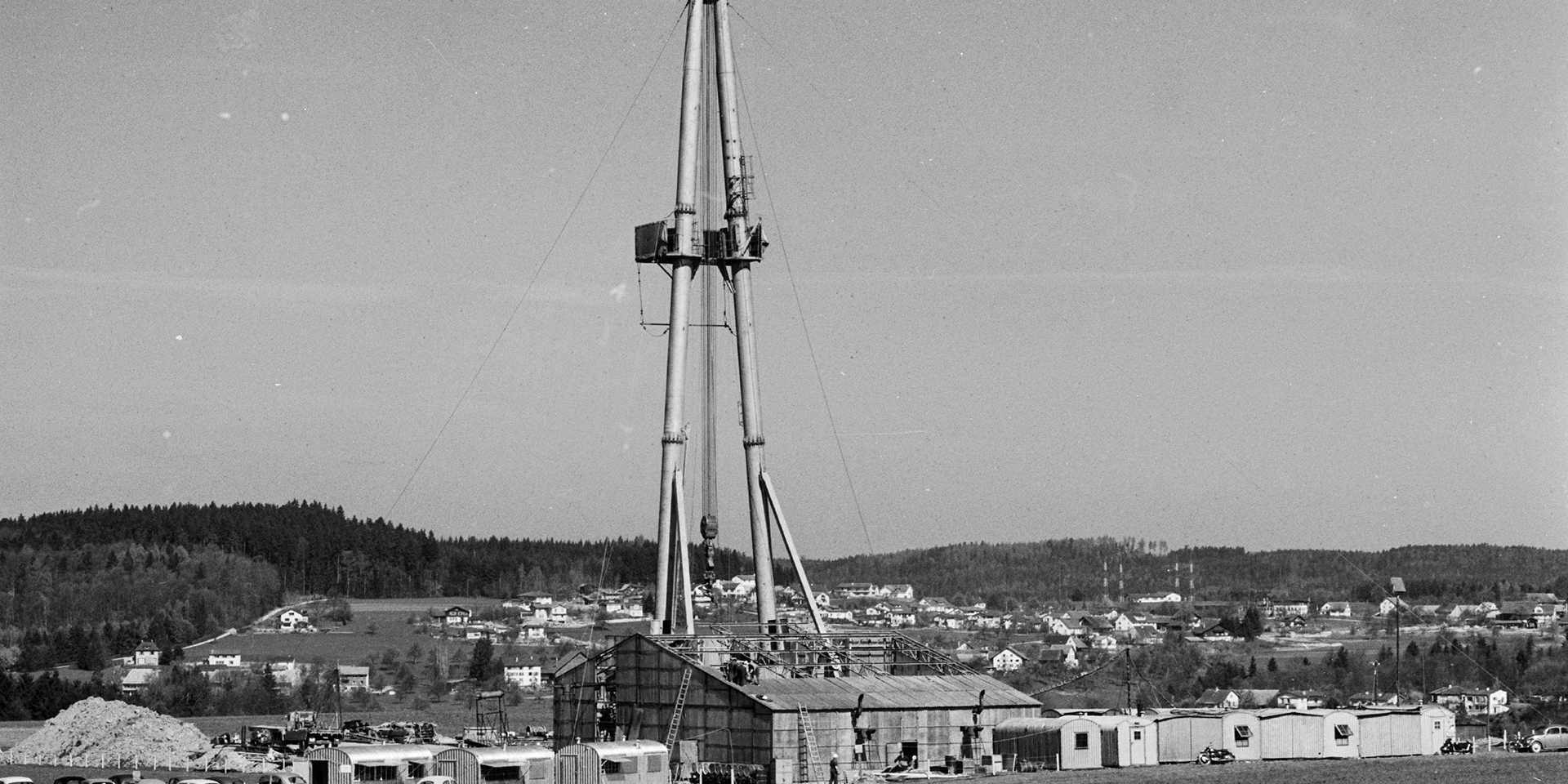Utilisation of the underground: need for legal regulation
The underground is an important resource and storage location needed for the desired energy transition. In Switzerland, however, limited access to underground exploration data hinders a comprehensive resource assessment and planning, as much of the data is owned by private companies.

The Swiss Federal Office of Topography (swisstopo) commissioned ETH Zurich to investigate the feasibility of combining deep geothermal energy with lithium extraction. Stefan Heuberger, head of the Georesources Switzerland Group of the Department of Earth Sciences at ETH Zurich, and his team examined borehole data aquired in the last 110 years. They found that there are probably significant lithium concentrations in deep geothermal waters in the in regions Pfaffnau LU and Berlingen TG. However, the researchers faced substantial challenges due to limited access to existing exploration data. Out of 182 deep well datasets in Switzerland (deeper than 500 meters), only 27 were fully accessible. The rest were either only partially accessible or completely restricted.
The main reason for this limitation is the very high drilling costs, currently ranging between 40 to 50 million Swiss Francs per deep well. Most of these exploration projects were carried out by private companies without any obligation to share the collected data with public authorities. Unlike other countries, Switzerland lacks a national subsurface law, resulting in fragmented ownership and access rights managed by the 26 cantons. This situation complicates a comprehensive resource assessment and planning. Various private entities, including oil and gas companies, mineral water producers, breweries, salt manufacturers, hotel owners, geothermal projects, and large energy providers, hold the ownership rights to these data.
In response to the uncoordinated and limited access to underground data, the Federal Geological Commission published a strategy paper two years ago proposing a coordinated, national exploration approach and a harmonised handling of the corresponding underground data. As a consequence, the Swiss Federal Council has drafted a new geoinformation law. One of the goals of this law is to provide free access geological data for public authorities. This initiative aims at harmonising spatial planning and the use of georesources, as well as promoting research and protecting groundwater and landscapes. However, the proposal has faced resistance from the private sector, which is concerned about uncompensated data sharing and potential expropriation.
The debate over the proposed new law is ongoing. The responsible parliamentary commission rejected the draft, arguing that data exchange between private companies, cantons, and the federal government already functions well, rendering the law unnecessary. Despite the broad support from cantons, the commission emphasised that the federal government should continue to aquire underground data with its own resources if needed.
This attitude contrasts with practices in other countries where such data is automatically available to the state after some blocking period.
Summary of the article “Jetzt beginnt der Streit um den Untergrund”, published in Beobachter 11/2024.
